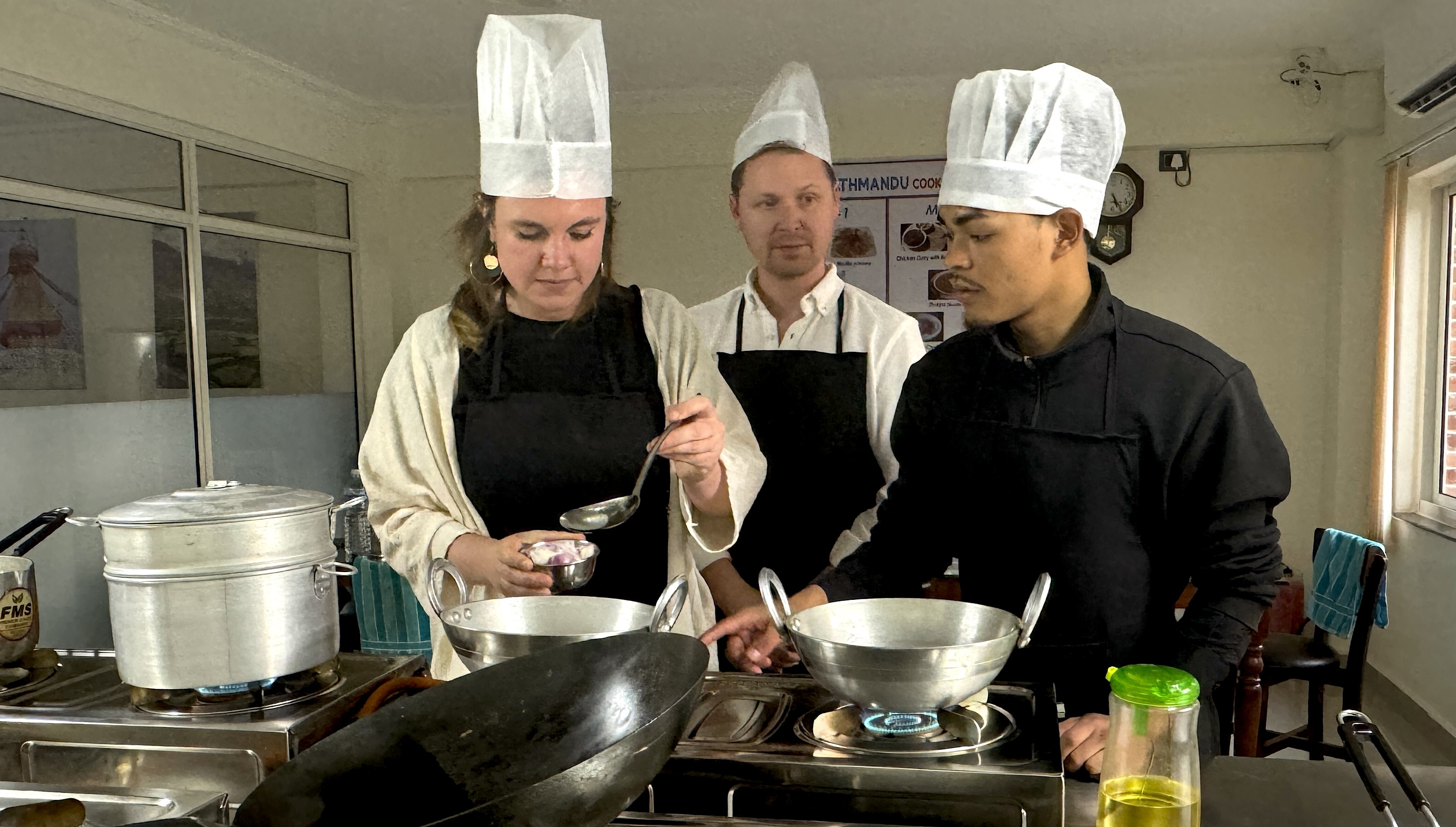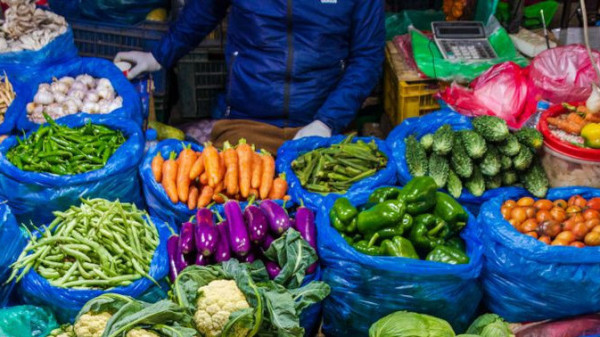Cooking class in Kathmandu offers an immersive and mouthwatering experience that allows participants to delve into the heart of Nepalese cuisine. Nestled in the vibrant streets of Nepal's capital city, these classes are a delightful blend of cultural exploration and culinary artistry. As you step into a traditional Nepali kitchen, you're greeted with the fragrant aroma of spices and the warm hospitality of local chefs. Participants have the opportunity to learn the secrets behind iconic Nepali dishes such as momo dumplings, dal bhat, and flavorful curries, all while using fresh, locally sourced ingredients. Beyond mastering cooking techniques, these classes often provide insights into the cultural significance of each dish, adding depth to the culinary journey. Whether you're a novice cook or a seasoned food enthusiast, a cooking class in Kathmandu is a delightful way to connect with the rich flavors and traditions of Nepal.
Cooking Class in Kathmandu
Table of Contents
Unveiling the Culinary Secrets of Nepal: A Cooking Class in Kathmandu
Nepal, a land of awe-inspiring landscapes and rich cultural heritage, is not only a feast for the eyes but also for the taste buds. While trekking through the majestic Himalayas or exploring ancient temples and monasteries, don't miss the opportunity to embark on a culinary adventure through a Kathmandu Cooking classes. This immersive experience allows you to get up close and personal with the heart and soul of Nepalese cuisine. Join us as we uncover the secrets of Nepal's delectable dishes, learn about the cultural significance of each meal, and explore the vibrant world of flavors that define this incredible country.
Nepali Cooking Class and Momo Making Workshop at Just USD 20 Per person
Joy of learning to cook Nepali foods
Imagine stepping into a traditional Nepali kitchen, where the air is filled with the fragrant aromas of spices, and the warm smiles of local chefs greet you. Cooking class in Kathmandu offer a unique opportunity to not only taste but also create the mouthwatering dishes that Nepal is famous for. From momo (dumplings) to dal bhat (the national food of Nepal), you'll learn how to prepare these iconic recipes using fresh, locally sourced ingredients. It's a hands-on experience that immerses you in the heart of Nepalese culinary traditions.
Spices and Flavors: A Taste of Nepal
Nepalese cuisine is renowned for its bold and diverse flavors, thanks to an array of spices and herbs. In a cooking class, you'll become acquainted with the key ingredients that define Nepali dishes. From turmeric to fenugreek, cumin to mustard seeds, you'll learn how to balance these flavors to create dishes that are both aromatic and delicious.
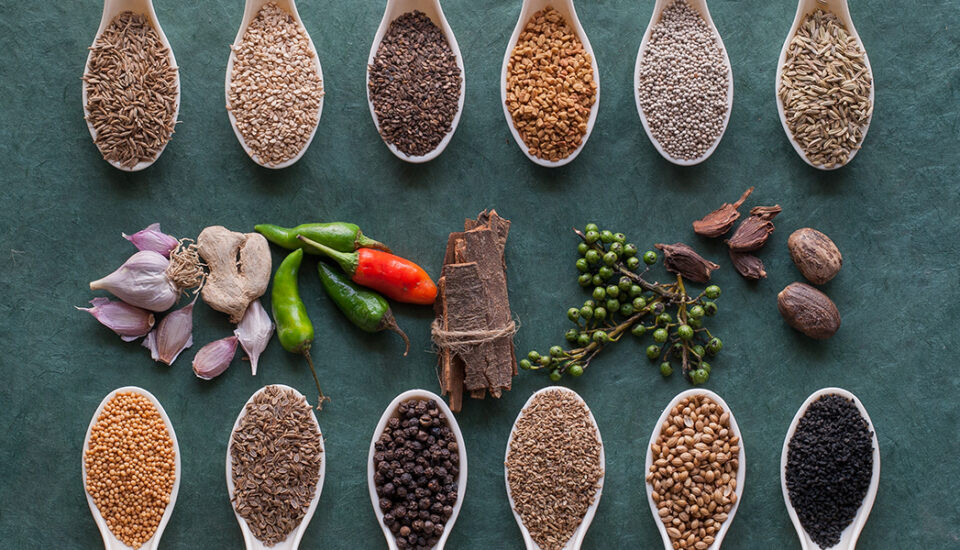
A workshop/ Activity for Everyone
Whether you're a novice in the kitchen or a seasoned chef, cooking classes in Kathmandu are tailored to all skill levels. Experienced instructors guide you through each step, ensuring that you feel confident in your culinary creations. It's not just about the final dish; it's about the journey of learning and discovery.
Explore the Local Markets of Nepal
No cooking class in Kathmandu is complete without a visit to the local markets especially vegetable market. Accompanied by your instructor, you'll have the chance to explore bustling markets of kathmandu, where you'll learn about the variety of fresh produce and ingredients that make Nepali cuisine so vibrant.
A feast for the Senses
The culmination of your cooking class is, of course, the feast. After you've perfected your dishes, it's time to sit down and savor the fruits of your labor. There's something truly special about enjoying a meal that you've prepared yourself, especially when it's in the heart of Nepal. With recipe cards in hand and taste buds tingling from the delectable dishes prepared, participants leave the cooking class with a newfound appreciation for Nepali gastronomy and a desire to recreate the magic in their own kitchens.
Discover the Cultural Significance of Nepal through foods
Nepali cuisine is deeply intertwined with the country's culture and heritage. In a cooking class, you'll not only learn to cook these dishes but also gain insights into the cultural significance of each one. For example, dal bhat, a staple of Nepali cuisine, is more than just a meal; it symbolizes hospitality and togetherness. Understanding the cultural context behind the food makes the dining experience in Nepal all the more enriching.
Daal Bhaat (Rice and Lentil Soup): a Nepali Staple
Discover Nepali Daal Bhaat, a traditional and essential Nepali food experience. This staple Nepali cuisine dish features aromatic lentil soup (Daal), served with rice (Bhaat), flavorful vegetable curry (Tarkari), and a variety of Nepali pickles. Learn about the cultural significance of Daal Bhaat, a representation of Nepal’s culture and daily sustenance. Experience the simplicity and balance of traditional Nepali meals, reflecting the heart of Nepal food culture and its communal traditions. Try Daal Bhaat in local restaurant of Kathmandu and immerse yourself in the flavors of Nepal.
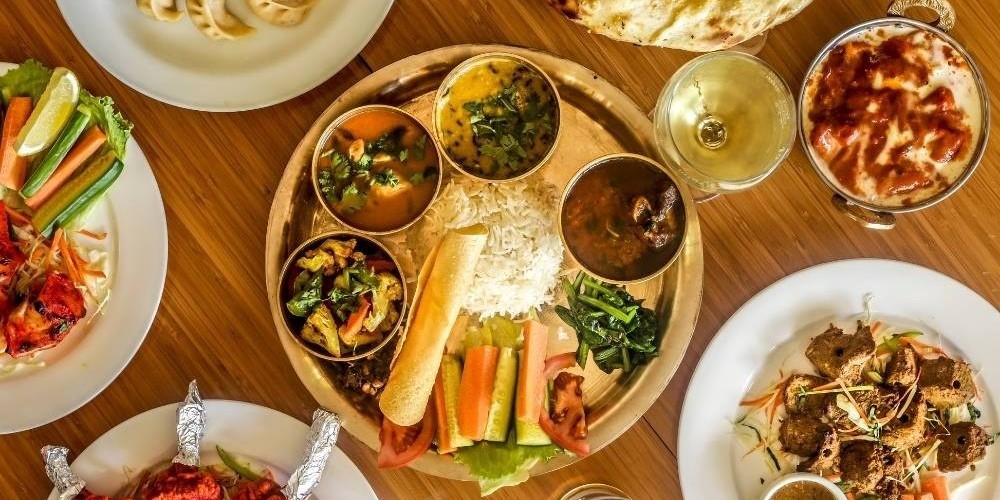
Momo Mastery: Dumplings that Delight
Momo, those delicate, crescent-shaped dumplings, are a favorite snack across Nepal. During your cooking class, you'll master the art of making momo from scratch, from preparing the dough to crafting various fillings and folding techniques. Whether you prefer them steamed, fried, or in a comforting soup, you'll leave with the skills to recreate these delectable treats at home.

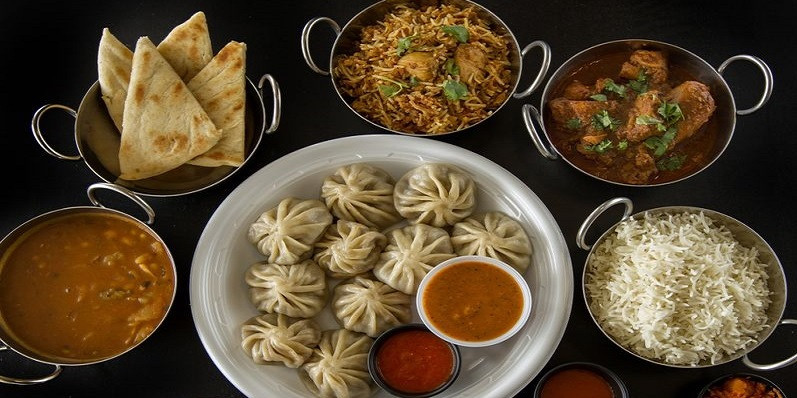
What food to cook in your cooking class?
Tea (Nepali Masala tea)
Nepali Masala Tea, locally known as "Chiya" or "Masala Chiya," is a delightful and aromatic beverage that holds a special place in Nepali culture. Similar to the more widely known Indian chai, Nepali Masala Tea is a spiced tea that combines black tea leaves with a blend of aromatic spices. Every household welcome their guest with hot Masala tea.
Momo (dumplings)
Join a Kathmandu cooking class and master the art of making Nepali momo, a beloved staple of Nepalese cuisine. These versatile dumplings, filled with meat, vegetables, or cheese, are traditionally steamed or fried and served with a flavorful dipping sauce, making them a delicious and educational cooking experience.
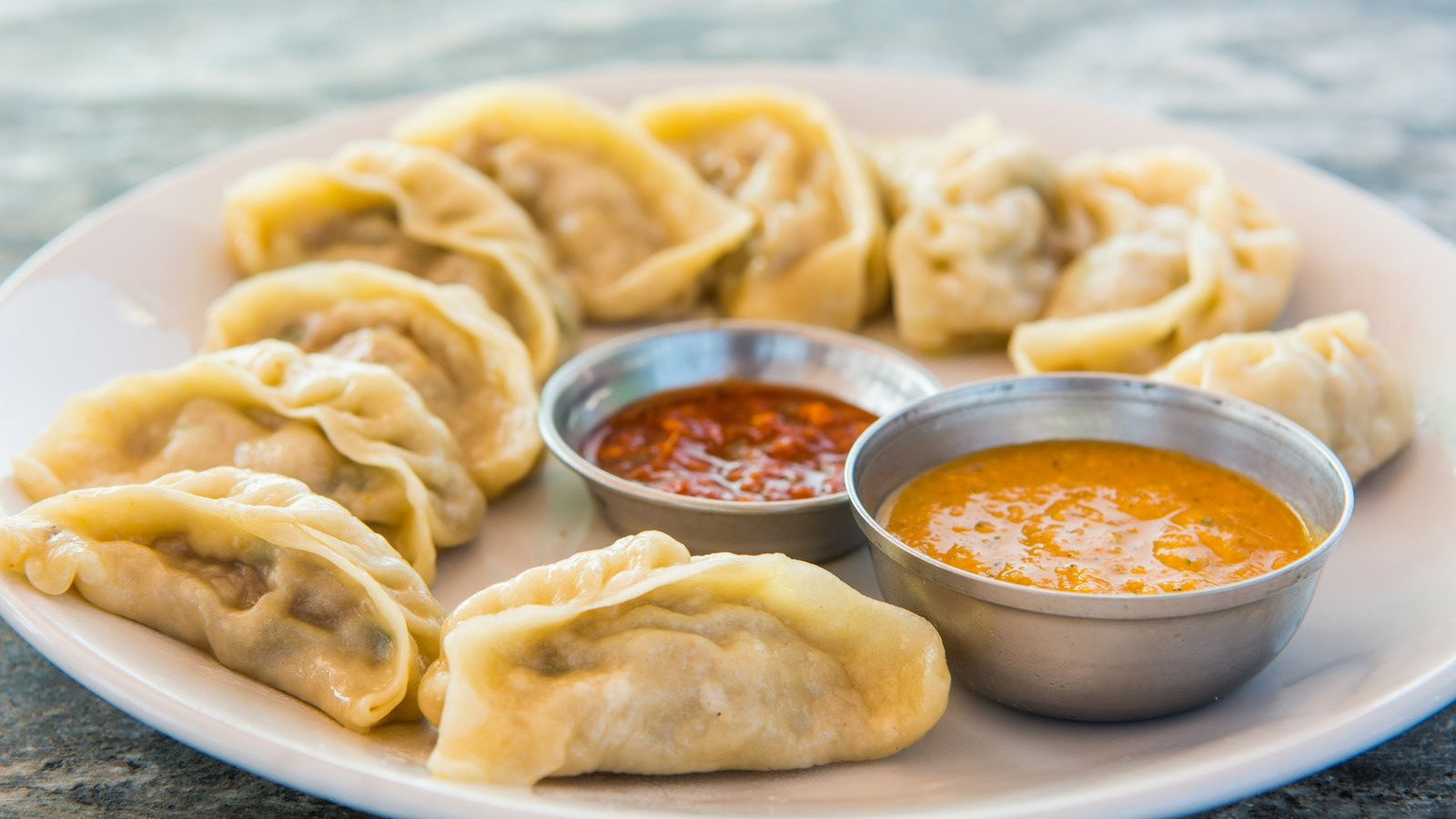
Thukpa (noodle soup)
Thukpa is a hearty noodle soup that is made with a variety of noodles, vegetables, and meat or seafood. Thukpa is a popular dish in the winter months, and it is a great way to warm up.
Sel roti (rice flour donuts)
Sel roti are a sweet and delicious fried donut that is made with rice flour. Sel roti are typically served with a sweet syrup or dipping sauce.
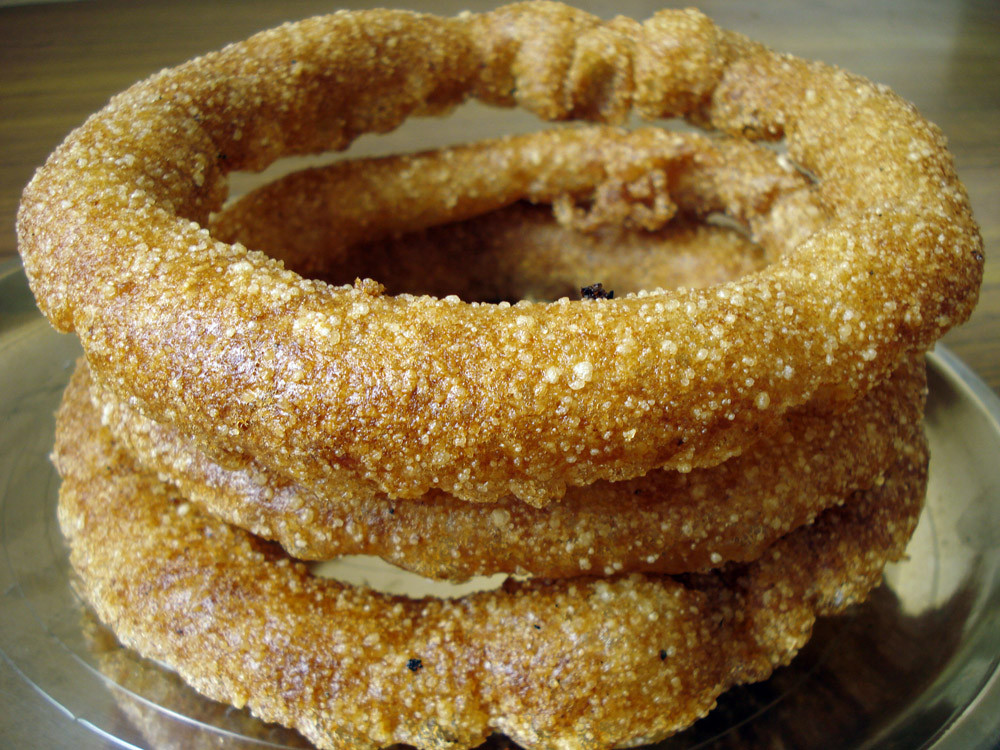
Chhoila (Spicy Newari Dish)
Chhoila is a traditional Nepali dish that is popular in Newari cuisine, which is the cuisine of the Newar people of the Kathmandu Valley in Nepal. Chhoila is typically made with grilled or smoked meat, often water buffalo or chicken, that is then marinated in a mixture of spices, oil, and other flavoring.
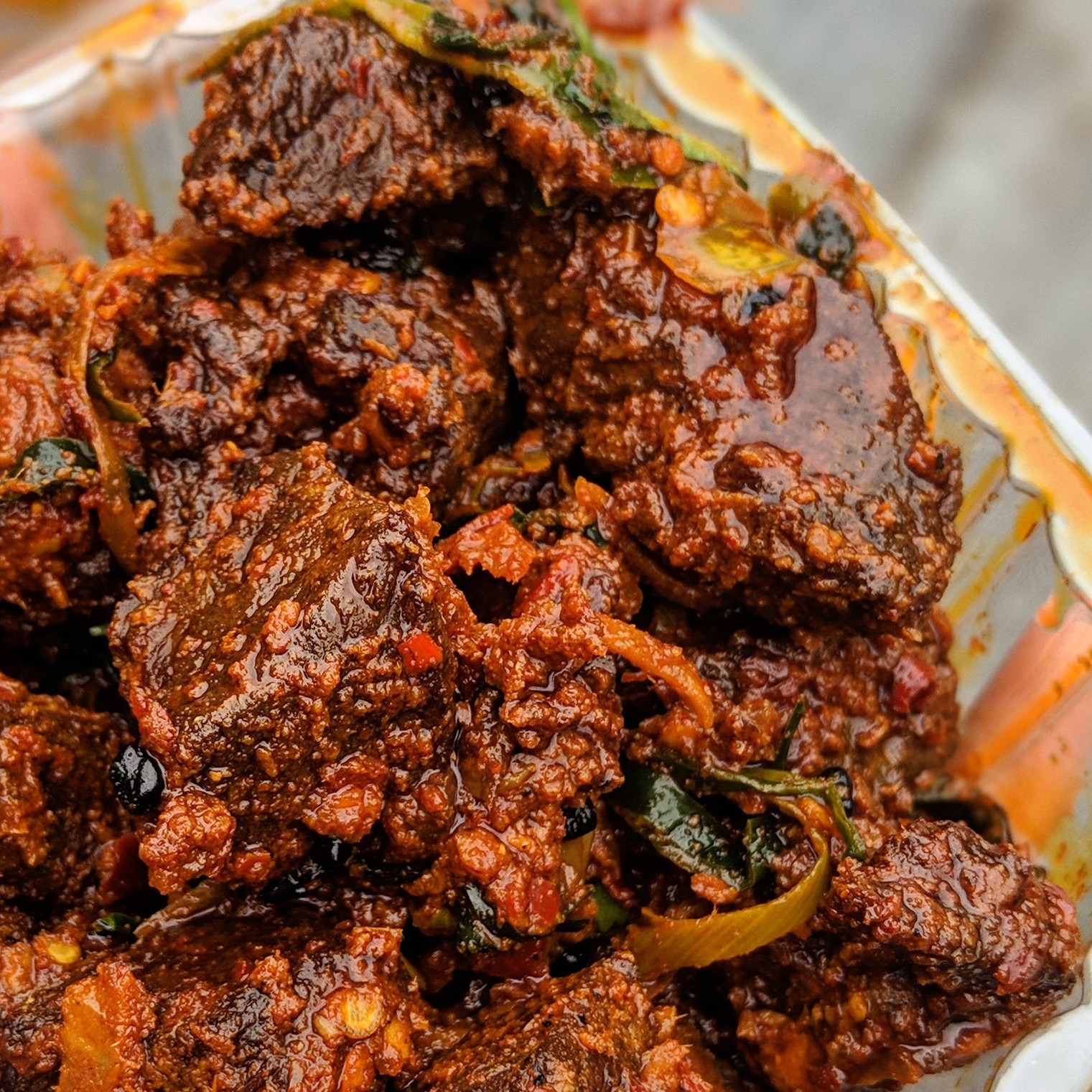
Chhoila is often served as an appetizer or snack and is accompanied by traditional side dishes such as beaten rice (chiura) or flatbread (roti). It is known for its rich and flavorful taste, making it a popular dish in Nepali cuisine.
Pickle (Fresh Tomato Pickle):
Fresh tomato pickle, often known as "Golbheda ko Achar," is a delightful and tangy side dish that complements a variety of meals.
Best time to take a cooking class in Kathmandu
Kathmandu, the dynamic and bustling capital of Nepal, provides a multitude of opportunities for travelers all year round. Nevertheless, when contemplating the ideal timing for a Nepali Cooking Class in this vibrant city, there are no particular seasons that can elevate the overall experience. Here's a reference to the most favorable times.
Spring (March to May): During this season, you can expect pleasant weather with moderate temperatures and vibrant blooms. It's an ideal time for leisurely strolls in local markets, allowing you to source fresh ingredients for your cooking class.
Monsoon (June to August): These months bring heavy rainfall, which can add an interesting dimension to your culinary experience as you explore rainy-season dishes. However, do be prepared for potential disruptions to outdoor activities like market tours due to the rain.
Autumn (September to November): Often regarded as the prime time to visit Kathmandu, this season boasts clear skies and mild temperatures. Autumn also coincides with significant festivals like Dashain and Tihar, offering a unique opportunity to learn the art of preparing festive dishes.
Winter (December to February): While Kathmandu doesn't experience extreme cold, the weather can be chilly. This season provides a cozy atmosphere for discovering hearty Nepali cuisine, but it's advisable to dress warmly to stay comfortable.
Package: Half-day Immersive Cooking Class in Kathmandu by Relax Getaways
Welcome to Cooking Class/ Workshop in Nepal with Relax Getaways. We are grateful for your enthusiasm in exploring Nepal, its food, and the culture.
Situated in perimeter of the touristic Thamel, our cooking class workshop is a pioneering establishment that offers more than just cooking classes. Immerse yourself in the captivating realm of Nepalese gastronomy, from understanding the essence of food in Nepal to selecting the finest ingredients for perfecting homemade dishes. Step into a world of homemade goodness, balancing nutrition and delectable flavors, guided by our expert chefs who will provide you with invaluable insights to elevate your culinary expertise. Explore the art of cooking with love, as we guide you in creating exquisite Nepalese dishes that not only satisfy your taste buds but also nourish your soul. Throughout this enriching journey, we will help you uncover the origins and significance of each dish, enriching your understanding of Nepali food culture.
Experience the finest in food and culinary traditions! Our Cooking Workkshop, deeply rooted in Nepali culture, invites you to discover the authentic essence of Nepalese cuisine.
There are three diverse menus available, each featuring four authentic Nepali dishes, ensuring there's something to delight every palate. While food enthusiasts and aspiring chefs will find this activity particularly appealing, prior cooking experience is not required, making it accessible to all.
Highlights of Cooking class in kathmandu with us
- Local Vegetable market tour and choose the vegetables as per the menu (optional)
- Easily accessible and nearby Thamel
- Hassle Free Transportation to and from your hotel.
- Local chefs to guide and intruct you to cook Nepali Cusine
- Immersive way of cooking, soft competition with fellow travelers.
Our chef will guide you through each stage of the process, ensuring you have a hands-on experience. You'll prepare one course at a time and then immediately enjoy it, guaranteeing your meal is fresh and piping hot. What's great is that you have full control over the ingredients – if you have a penchant for spice, add as much as you like! Not a fan of heat? No worries, just use fewer or no spicy elements.
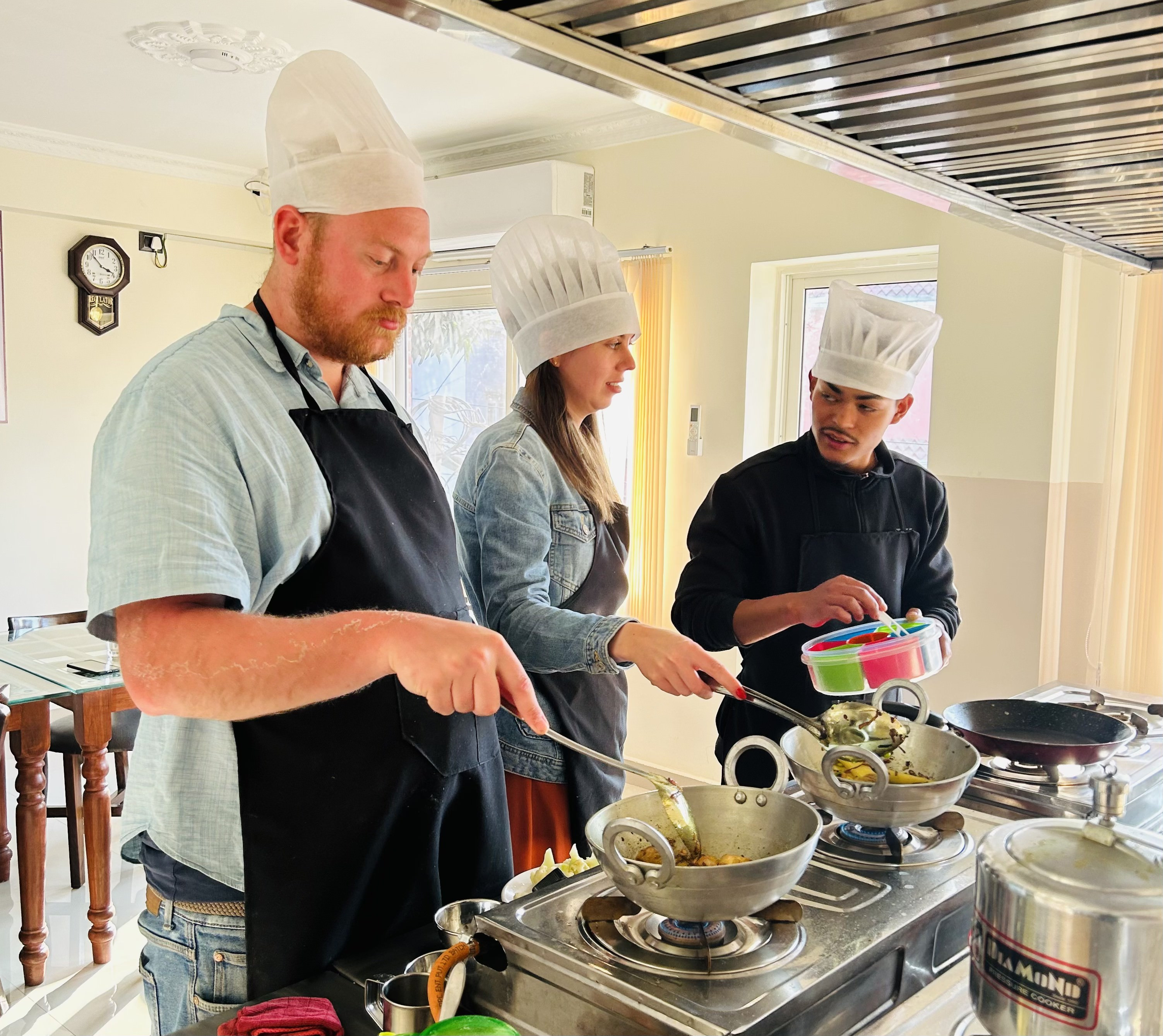
Conclusion: A Culinary Adventure to Remember
Cooking class in Kathmandu is more than just a cooking lesson; it's a cultural immersion, a sensory delight, and a connection to the heart of Nepal. Whether you're a food enthusiast, a cultural explorer, or simply someone looking to expand your culinary repertoire, this experience promises to be a highlight of your trip. So, roll up your sleeves, tie on your apron, and get ready to embark on a culinary journey that will leave you with a deeper appreciation for Nepali cuisine and culture.
.jpg)
